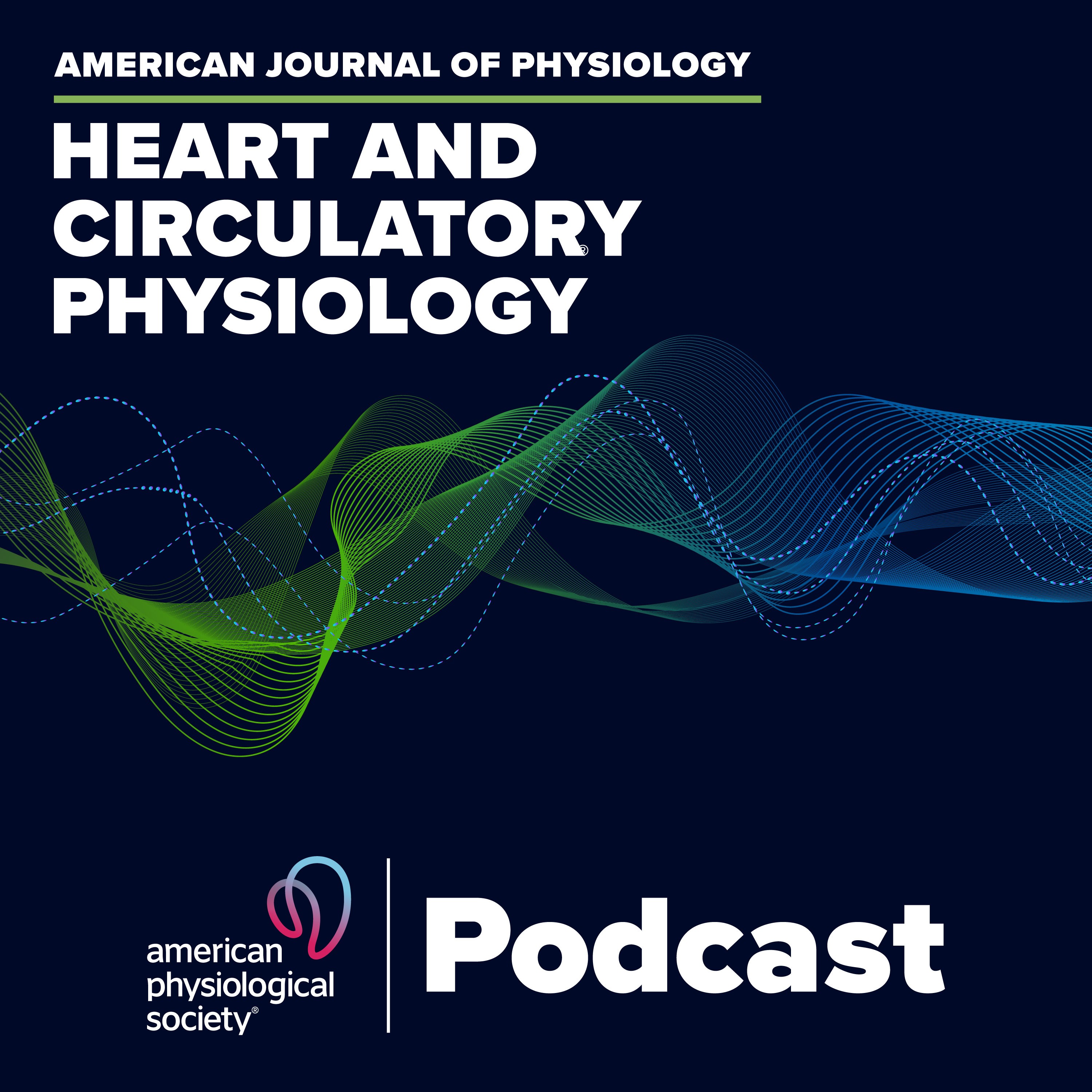COVID-19 and Microvascular Function
Description
In this episode, Associate Editor Amanda LeBlanc (University of Louisville) interviews authors Lacy Alexander and Gabrielle Dillon (The Pennsylvania State University) along with content expert Melissa Witman (University of Delaware) about a new study by Dillon et al. With their lab closed due to the pandemic, the Alexander Lab continued to hold journal club meetings virtually to discuss two articles published previously in AJP-Heart and Circ – Ratchford et al. and Nandadeva et al. The intriguing results in these studies became a catalyst for new research questions which the Alexander Lab began to pursue as soon as they could return to human research post-pandemic. In contrast to both Ratchford et al. and Nandadeva et al., Dillon et al. found that healthy young adults who had recovered from mild to moderate COVID-19 did not display alterations in nitric oxide-mediated cutaneous microvascular function. The authors hypothesized that methodology, onset of symptomology, and the role of vaccine-generated antibodies are key reasons their results differed from other recent studies. In addition, the authors found that having vaccine-generated antibodies was not detrimental to the microvasculature. The authors navigated numerous roadblocks in undertaking this study—stringent COVID-19 health and safety measures, scarce PPE, difficulty enrolling participants, and required COVID-19 testing protocols prior to participation. When faced with the decision on how to handle enrolling fully vaccinated, partially vaccinated and unvaccinated subjects, the authors opted to include all and stratify their results. This is an episode as much about resilience as it is about research. In search of inspiration for how to pivot and keep moving forward? Listen now.
Gabrielle A. Dillon, S. Tony Wolf, and Lacy M. Alexander Nitric oxide-mediated cutaneous microvascular function is not altered in young adults following mild-to-moderate SARS CoV-2 infection Am J Physiol Heart Circ Physiol, published January 28, 2022. DOI: doi.org/10.1152/ajpheart.00602.2021
More Episodes
While decreased IL-33 signaling has been associated with preeclampsia, the mechanisms linking this signaling pathway to disease pathophysiology are not well understood. In this episode, Associate Editor Dr. Amanda LeBlanc (University of Louisville) interviews author Dr. Denise Cornelius...
Published 06/04/24
Published 06/04/24
In this episode, Associate Editor Dr. Jonathan Kirk (Loyola University Chicago) interviews author Dr. Ed Lesnefsky (Richmond Department of Veterans Affairs Medical Center and Virginia Commonwealth University) and expert Dr. Chi Fung Lee (Oklahoma Medical Research Foundation) about the new Methods...
Published 05/03/24


